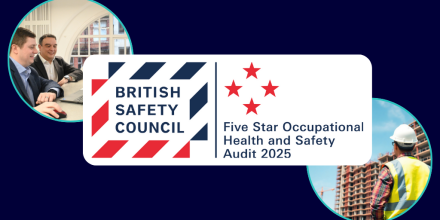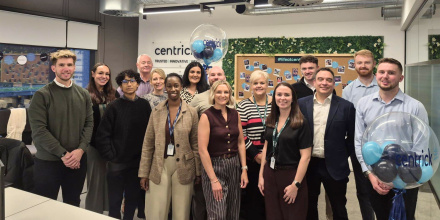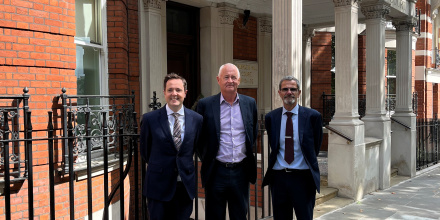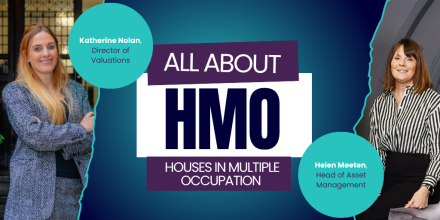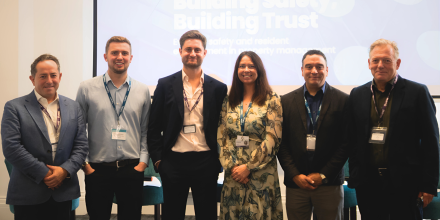At Centrick, we work closely with Resident Management Company (RMC) directors, whether they are responsible for large apartment blocks or an estate. Whether you’re newly appointed or have years of experience, we find that some questions come up time and again.
Here’s a selection of the most frequently asked – drawn from real conversations, training sessions, and onboarding meetings – along with our responses.
1. “Do we need to sign a new management agreement every year?”
Once the initial agreement is in place, most RMC’s operate under a rolling management agreement that automatically continues unless notice is given, so there’s no need to re-sign annually. It’s always worth reviewing whether the agreement is still fit for purpose, especially if your development’s needs have changed, or new legislation has been implemented.
2. “How should our service charge money be held – is it protected?”
Service charges are often referred as client’s monies, and are must be utilised solely for use on the development they are collected for. The agent or landlord must hold funds in a trust account, to ensure full protection. Equally we would advocate that individual trust accounts are in place for every development in management, rather than in a single client account, where security could be compromised.
3. “Do managing agents take commission or add-on fees from contractors?”
We’re asked this often – and it’s an important factor in trust and transparency. Centrick do not take any commission or fees from contractors. We don’t inflate costs, and contractors don’t pay us a percentage. Everything is based on competitive quotes, openly shared with the RMC Board. That way, decisions are made on quality and value – not hidden incentives.
4. “What’s the difference between the ‘Responsible Person’ and the ‘Principal Accountable Person’ under the Fire Safety & Building Safety Acts?”
It’s a common point of confusion. In short:
- The Responsible Person is accountable for fire safety under the Fire Safety Order (typically managing day-to-day risks).
- The Principal Accountable Person (PAP) is a role introduced under the Building Safety Act for higher-risk buildings, with a broader duty to manage building safety risks as a whole.
Understanding where responsibility sits – especially in complex ownership structures – is essential. Your managing agent should be helping you get this right and signposting to specialists when needed.
5. “Why should we bother with a planned maintenance programme?”
Because without one, you’re always on the back foot. Planned maintenance helps prevent costly emergencies, supports accurate budgeting, and reduces disputes over unexpected service charge spikes. It also extends the life of your building’s fabric and systems – from
roofing to lighting. At Centrick, we work with RMC’s to build practical, tailored plans that align with available funds.
Recurring Themes
In our recent RMC training events, a few themes have cropped up time and again. Directors want clarity on leaseholder rights, what they themselves can be paid for, and how qualified their managing agent should be, especially around health and safety.
To summarise:
- Leaseholders have a legal right to inspect service charge receipts once a summary has been provided, auditing isn’t a barrier.
- RMC directors can be paid, but only if the company’s Articles of Association are updated to allow it.
- Managing agents should demonstrate up-to-date health and safety knowledge and work with qualified professionals – particularly as regulations continue to evolve.
These are all areas where your managing agent should be giving you confident, compliant advice, whilst helping you stay on the front foot.
Need a second opinion or some friendly advice?
Whether you’re reviewing your management setup or just want clarity on your responsibilities, Centrick’s team is here to help. No jargon, no pressure, just practical support to help you make informed decisions.
Centrick’s RMC Training is free of charge and open to all RMC Directors. As well as being informative, expert-led sessions, it’s a great opportunity to network with fellow directors. For more information, click here to visit our Events page.

